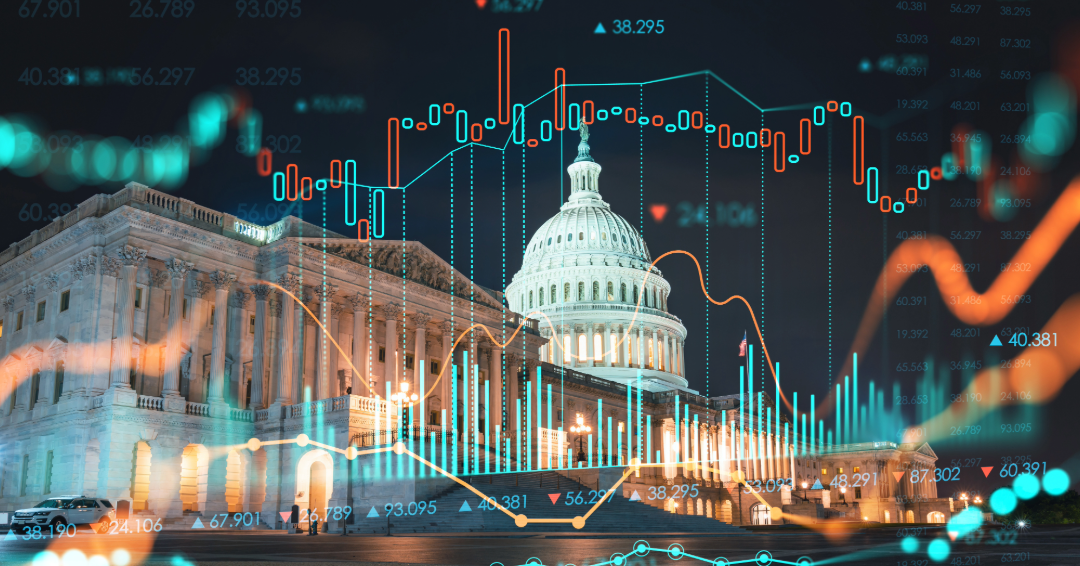In 2025, governance has become more than oversight—it is the cornerstone of resilience. As organizations expand across borders and adapt to rapid technological change, they are navigating a world marked by unprecedented volatility.
From AI and cybersecurity risks to geopolitical instability, from shareholder activism to ever-shifting regulatory frameworks, the question is no longer whether uncertainty will strike—but whether governance structures can withstand it.
🌐 The Pressures Reshaping Governance in 2025
1. AI & Cybersecurity Risks
As noted by PwC, the adoption of generative AI has amplified cyber vulnerabilities, raising concerns around data integrity, ethical usage, and risk oversight. Boards are now expected to embed AI governance layers into their oversight processes.
2. Geopolitical Shifts
From trade wars to sanctions, global organizations are confronting increasingly fragmented operating environments. According to ECGI, resilient governance demands scenario planning and board agility to respond effectively to geopolitical disruption.
3. Escalating Activist Campaigns
Shareholder activism is at record highs, with activists pressing for board refreshment, ESG commitments, and transparency. Insights from Harvard Law School’s Forum on Corporate Governance show that companies failing to proactively engage with stakeholders risk reputational and financial damage.
4. Dynamic Regulatory Environments
From the EU’s evolving sustainability rules to shifting US corporate oversight frameworks, regulatory landscapes are moving faster than ever—demanding compliance agility and proactive monitoring.
⚖️ Why Governance Must Adapt
Traditional governance models—rigid, compliance-only structures—are no longer enough. Boards must evolve to become:
- Risk-Aware: Proactively scanning for AI, cybersecurity, and geopolitical risks.
- Stakeholder-Responsive: Engaging openly with activists, investors, and communities.
- Agile: Able to pivot quickly as regulations, markets, and politics shift.
This isn’t about survival—it’s about building governance that thrives in uncertainty.
📌 Governancepedia’s Role
At Governancepedia, we support organizations in creating future-ready governance frameworks that balance stability with adaptability. Our focus includes:
- Risk-Aware Board Structures: Integrating AI and cybersecurity oversight into board responsibilities.
- AI Governance Layers: Establishing protocols for ethical, compliant, and transparent AI use.
- Agile Protocols: Creating flexible governance practices that can pivot with global events.
- Knowledge & Resources: Curated insights, case studies, and practical tools that guide boards through complexity.
With Governancepedia, governance isn’t just a shield—it’s a strategic asset.
🔮 Looking Ahead
The world will only grow more complex. Organizations that embed resilience into governance will not only withstand uncertainty, but emerge stronger and more trusted.
As activist campaigns intensify, AI accelerates, and regulations evolve, the future belongs to boards that understand governance is not static—it’s living architecture, built to weather storms.
📖 Explore more insights on global governance trends at PwC, Harvard Law School Forum on Corporate Governance, and ECGI.
✨ At Governancepedia, we help organizations design governance frameworks that don’t just endure global uncertainty—they excel within it.



